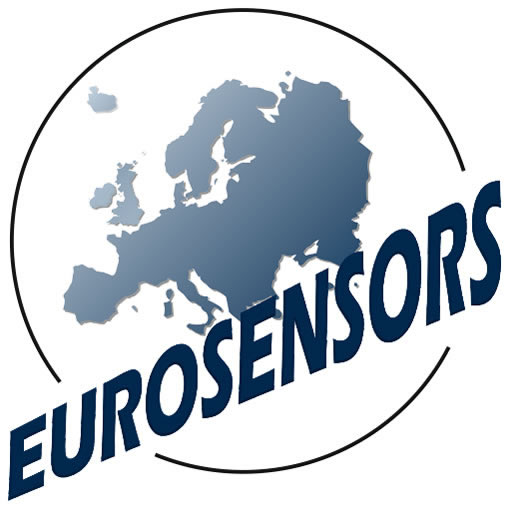EUROSENSORS School on “Fundamentals of Sensor Science and Technology”
Satellite event EUROSENSORS Conference
The basic idea of this initiative, promoted during the EUROSENSORS XII Conference in Southampton and successfully implemented at following EUROSENSORS Conferences has its roots in the necessity of keeping alive the deep cultural aspects of sensors, sensor systems, transducers, actuators and microsystems. The increasing interest in the field and the fast technological developments could cause us to forget important aspects of the sensor science domain and possibly to overlook important theoretical achievements. A sound balance between technology and sensor theory that includes of course, sensor science, interface electronics, etc, should always be sought in order to optimize a healthy growth of the knowledge in both sensor science and technology.
The first six editions of the school (Delft 1999, Kopenhagen 2000, Prague 2002, Guimares 2003, Rome 2004 and Barcelona 2005) were a 2‑day event (Saturday afternnon + Sunday) and covered six-seven topics. From the seventh edition (Goteborg, 2006) it was decided to limit the school to a 1 day event on Sunday. The number of topics is therefore reduced to 4–5.
These editions were organized by Arnaldo D’Amico and Lina Sarro with assistance from the Eurosensors local organizing committee.
In 2001 and 2007, as Eurosensors was joined with Transducers and regular tutorials were offered, the school was not held.
In 2006 we proposed that the school should be an integral part of the Eurosensors conference. Thus the organization and responsibility lies on the local organizing committee, while D’Amico and Sarro have an advisory role.
The following suggestions/proposal are based on our experience of the past years.
For a successful organization of the school it is necessary to:
- identify potential topics covering interesting and useful aspects of the sensor science
- find suitable lecturers (i.e. people that are not only experts on the topic, but also have excellent teaching skills)
- collect slides of all lectures in time to prepare a book to be distributed to participants on site
On the logistics/ administration side the following should be done:
- post information on the school on the website asap
- include participation to the school as option on the registration form
- organize a suitable lecture room
- organize a lunch for attendees and teachers
- prepare a certificate/proof of attendance for participants (some need it for expenses declaration)
As the school is mostly meant for (but obviously not limited to) PhD and young researchers, the costs should be kept to a minimum. Thus no compensation for lecturers is available (the fee covers the lunch, lecture material and possibly the lecture room rent). In light of this, invited speakers, Eurosensors Fellows, TPC members or people that would most certainly attend can be good candidates.
For the attendees to benefit the most, it is important that the lecturer is aware that his/her lecture should address the fundamentals of the given topic and possibly include at the end some recent developments, potential applications etc.
Suggestions for topics and lecturers can be given to the school organizers by all Steering Committee and TPC members.
After a first selection is, D’Amico and Sarro would be more than happy to advice the local organizing committee/conference chair on it. If any additional information is required, please let us know.
We hope this very useful and important event will be continued for the coming Eurosensors editions and that the future organizers will enjoy the school as a useful and profitable experience as we did.
Arnaldo D’Amico
Lina Sarro
